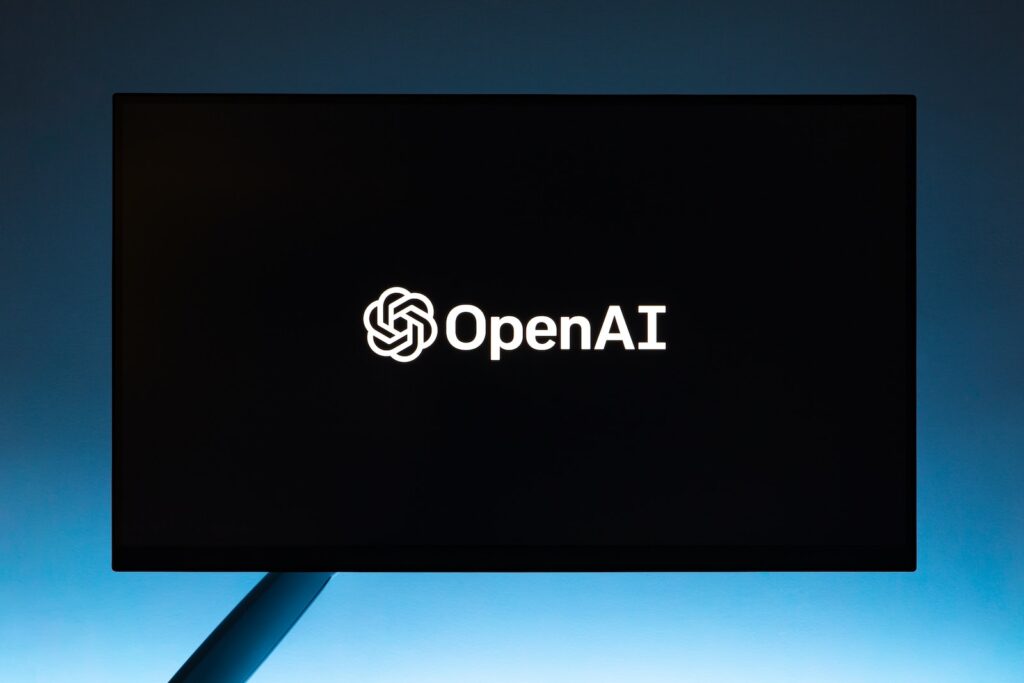What is Artificial Intelligence (AI Tools)
Masters Of Sites
16/03/2023

Artificial Intelligence (AI) has become an integral part of our daily lives, from virtual assistants like Siri and Alexa to recommendation systems on streaming platforms like Netflix and Spotify. AI tools have also made their way into various industries, revolutionizing the way businesses operate and improving efficiency and productivity. In this blog post, we will explore the world of AI tools, including the information people would like to know and the secrets they should be aware of.
What are AI Tools?
AI tools are software applications that utilize artificial intelligence and machine learning algorithms to perform specific tasks. These tools can analyze and interpret data, make predictions, and automate processes, ultimately making complex tasks easier and more efficient. AI tools can be used across various industries, including healthcare, finance, marketing, and customer service, among others.



Types of AI Tools
There are several types of AI tools, each designed to address specific needs and challenges. Some common types of AI tools include:
Natural Language Processing (NLP): NLP tools are designed to understand and interpret human language. These tools are used in virtual assistants, chatbots, and language translation services.
Machine Learning (ML): ML tools are used to train algorithms to perform specific tasks by analyzing and interpreting data. ML tools are commonly used in predictive analytics, recommendation systems, and fraud detection.
Computer Vision: Computer vision tools can analyze and interpret visual data, such as images and videos. These tools are used in facial recognition, object detection, and autonomous vehicles.
Robotic Process Automation (RPA): RPA tools are used to automate repetitive tasks and processes, ultimately improving efficiency and reducing human error.
Benefits of AI Tools
The use of AI tools offers numerous benefits, including:
Improved Efficiency: AI tools can automate repetitive tasks, allowing employees to focus on more complex and strategic tasks.
Data Analysis: AI tools can analyze and interpret large volumes of data, providing valuable insights and predictions.
Personalization: AI tools can be used to create personalized experiences for customers, leading to increased satisfaction and loyalty.
Cost Savings: By automating processes and improving efficiency, AI tools can help businesses save time and money.
Decision Making: AI tools can assist in decision making by providing data-driven insights and predictions.
Secrets of AI Tools
While AI tools offer numerous benefits, there are some secrets that users should be aware of:
Data Quality: The effectiveness of AI tools is heavily reliant on the quality of the data used to train the algorithms. Poor quality data can lead to inaccurate predictions and insights.
Ethical Considerations: AI tools can raise ethical concerns, particularly in areas such as privacy, bias, and accountability. It’s important to consider these factors when implementing AI tools.
Human Oversight: While AI tools can automate processes, human oversight is still crucial to ensure accuracy and ethical considerations.
Continuous Learning: AI tools require continuous learning and improvement to stay effective. This means that ongoing maintenance and updates are necessary.
Implementation Challenges: Implementing AI tools within an organization can be challenging, requiring careful planning and consideration of factors such as data security, integration with existing systems, and employee training.
Conclusion
AI tools have the potential to revolutionize the way businesses operate and improve efficiency and productivity. Understanding the different types of AI tools and their benefits is crucial for businesses looking to leverage AI technology. However, it’s also important to be aware of the potential challenges and secrets of AI tools, such as data quality, ethical considerations, and implementation challenges. By understanding these factors, businesses can make informed decisions when it comes to adopting and implementing AI tools.
Recent Post
-
 11 Apr 2024Unleashing Creativity: Finding the Best Website Company for Web Development and Design
11 Apr 2024Unleashing Creativity: Finding the Best Website Company for Web Development and Design -
 24 Mar 2024Exploring Cybersecurity and Its Career Paths
24 Mar 2024Exploring Cybersecurity and Its Career Paths -
 16 Mar 2024The Art of AI to Maximize Business Success
16 Mar 2024The Art of AI to Maximize Business Success -
 09 Feb 2024The Dynamic Landscape of Website Development: A Comprehensive Exploration
09 Feb 2024The Dynamic Landscape of Website Development: A Comprehensive Exploration -
 16 Jan 202410 Things That Every Professional Website Should Have
16 Jan 202410 Things That Every Professional Website Should Have -
 27 Oct 2023A Guide to Choosing the Best Website Development Company in Uganda and Across Africa
27 Oct 2023A Guide to Choosing the Best Website Development Company in Uganda and Across Africa -
 21 Mar 2023The 5G Revolution and E-SIM Technology
21 Mar 2023The 5G Revolution and E-SIM Technology -
 16 Mar 2023What is Artificial Intelligence (AI Tools)
16 Mar 2023What is Artificial Intelligence (AI Tools)
Categories
Grow Your Business Today
Growing your business is essential to its long-term success and profitability. Whether you are just starting out or have been in business for years, there are always ways to improve and expand your operations.

